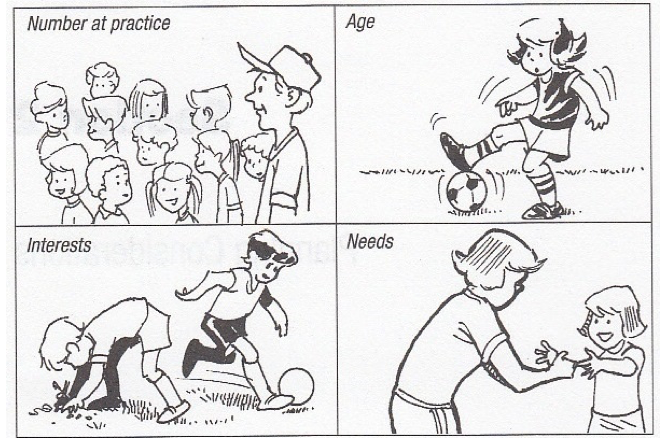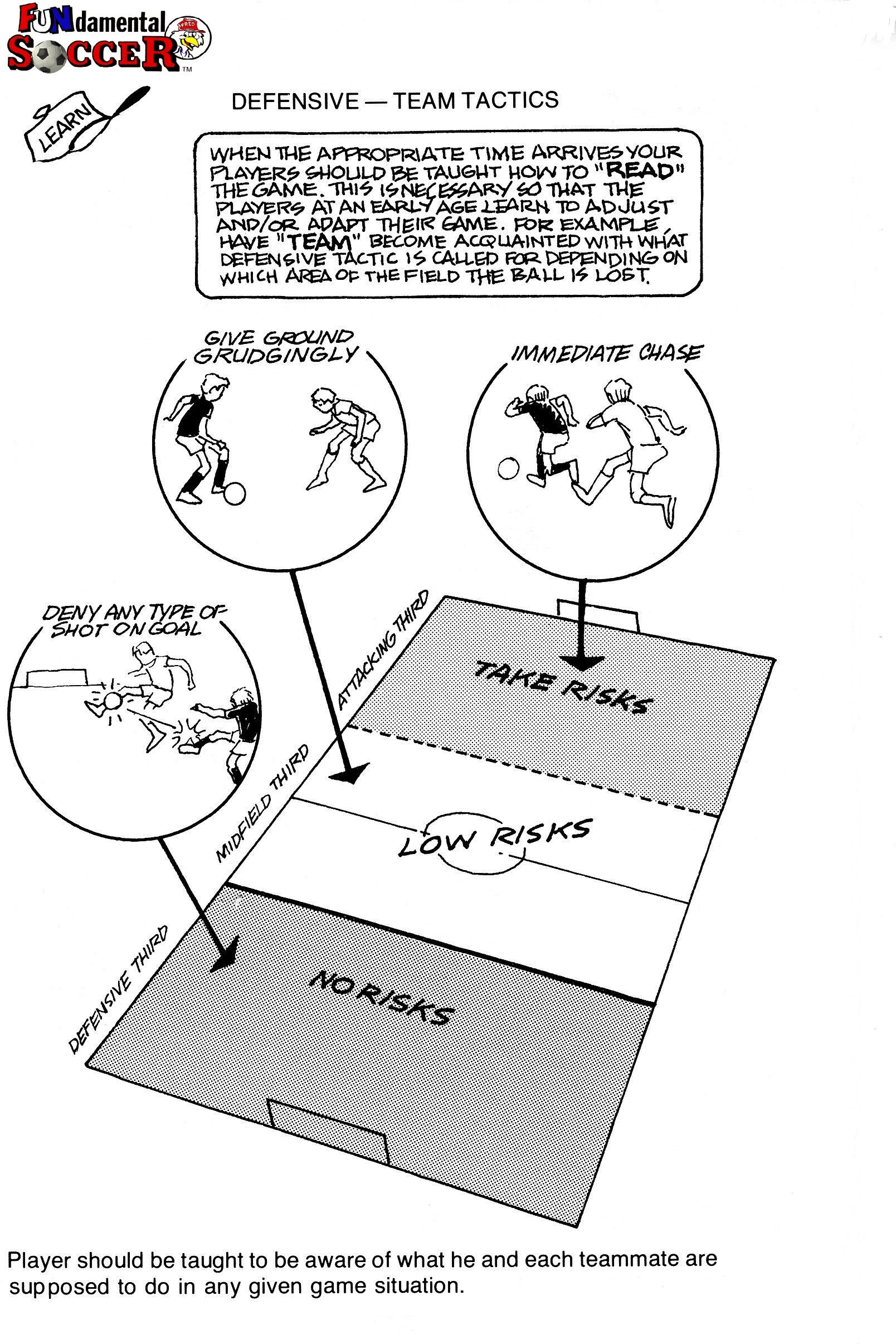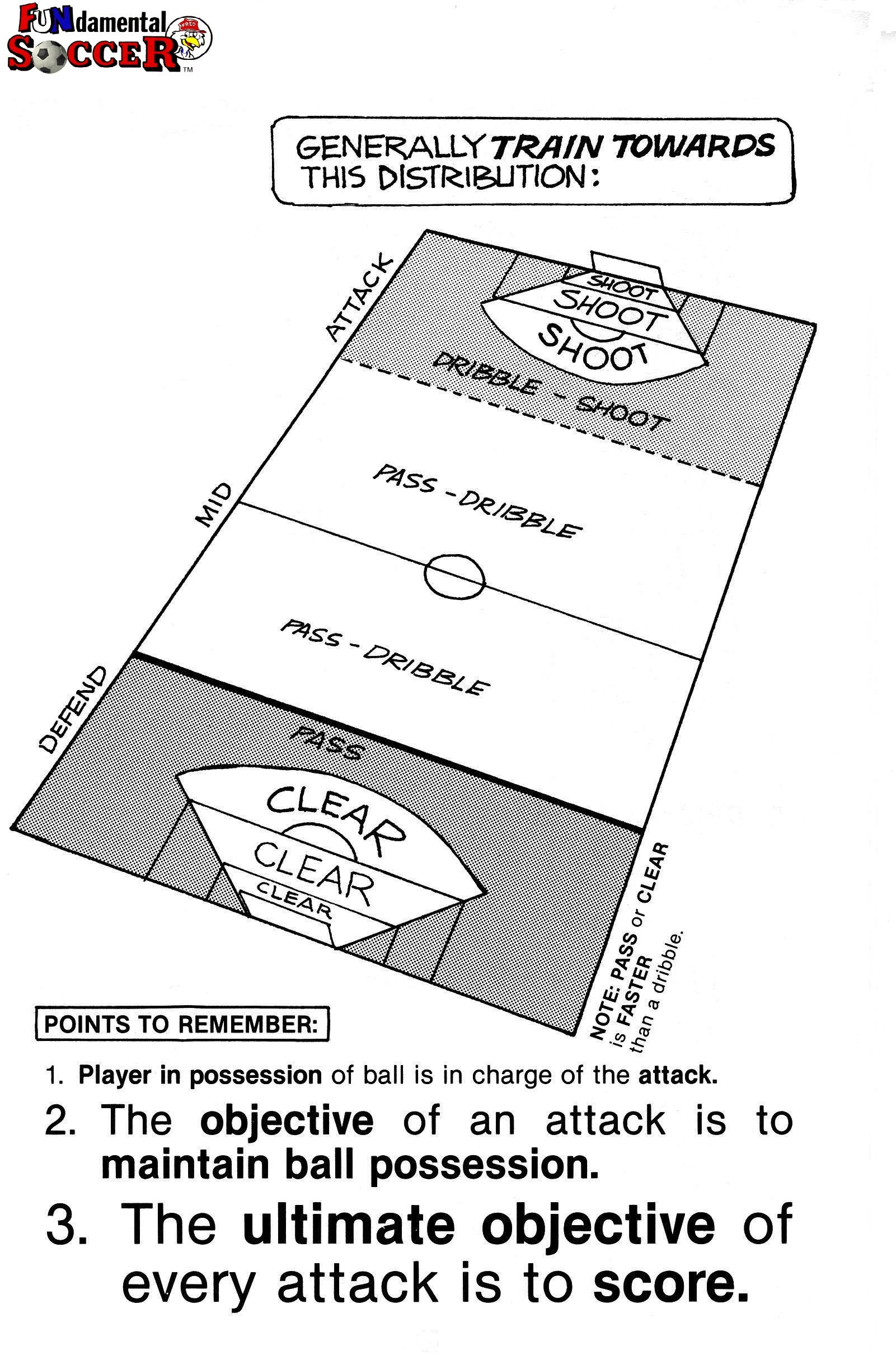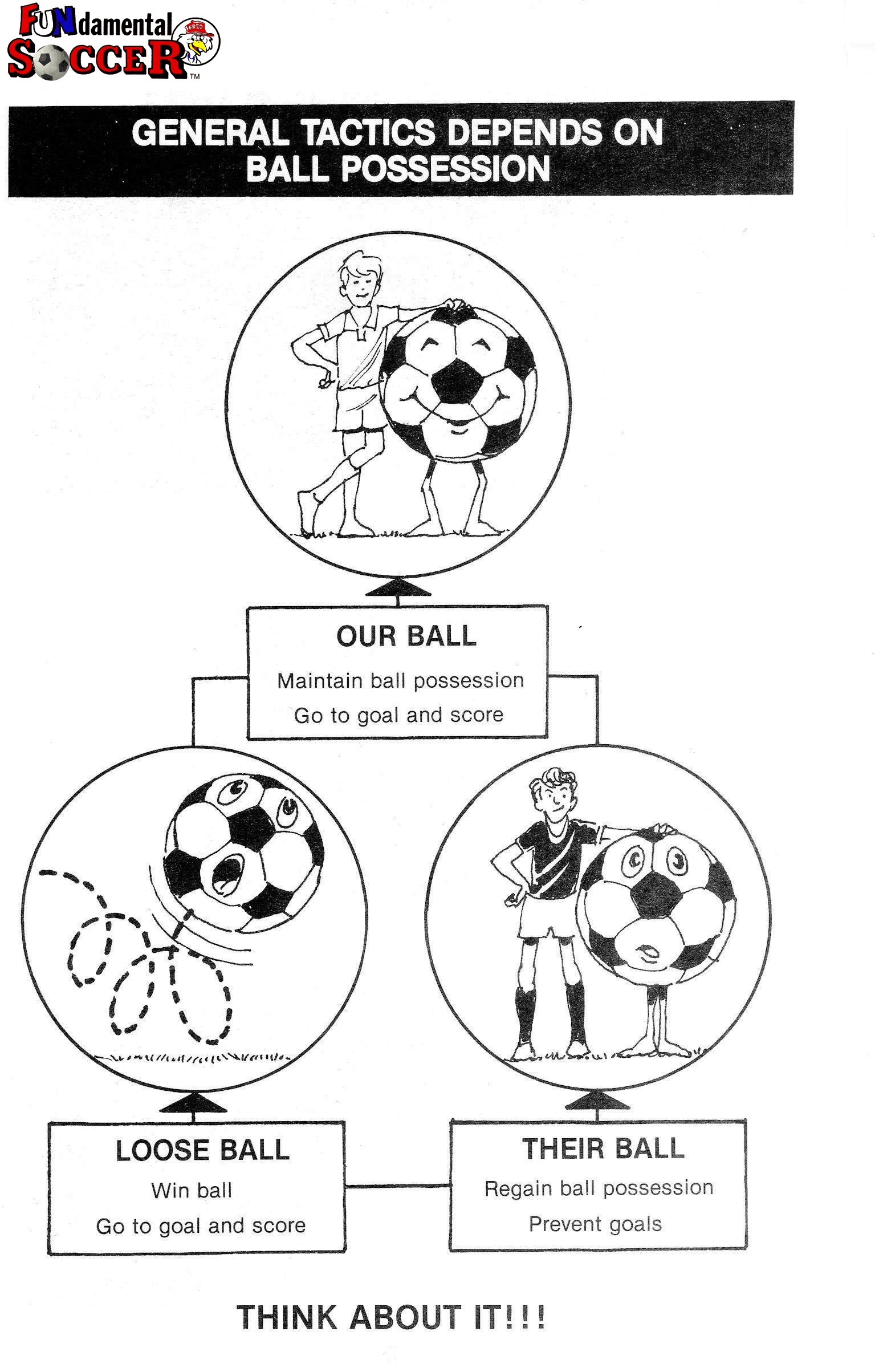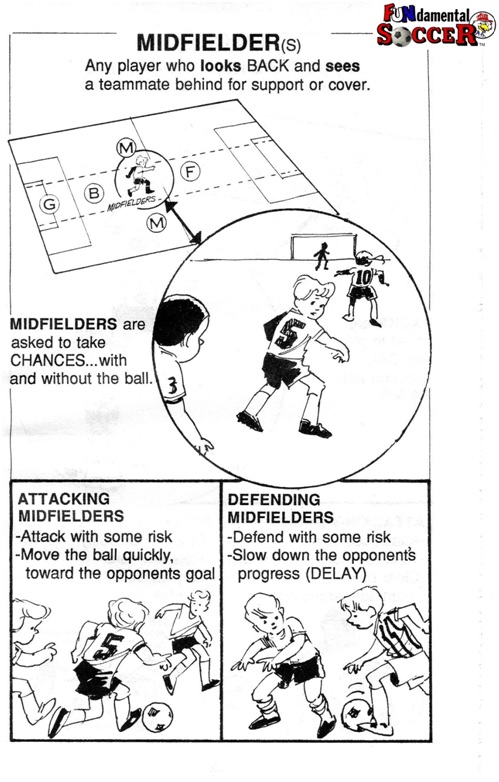4 to 5-Year-Old Soccer Players Profile

INDEPENDENCE LEVEL
- They have no soccer background.
- They need others to learn from.
- You are their role model.
- You must teach them.
- You must be PATIENT!
PHYSICAL DEVELOPMENT
- Bones are immature
- Rapid growth in large muscles.
- Growth in height is more pronounced than weight.
- Girls will be one year ahead in physical development.
SOCIAL DEVELOPMENT
- They need and want supervision of their activities.
- They do not compete but merely imitate competition.
- They exhibit sudden shifts in behavior from bad to good.
- Boys will fight and wrestle – demonstrating masculinity.
- They have a very difficult time cooperating with others.
- Self-centeredness and boastfulness beginning to decline.
- They enjoy group play – show preference for small groups.
- Group members are continuously changing because of quarrels.
- Boys and girls play together readily –but, for short period of time.
- They want approval but do not seek it as actively as those who are younger.
INTELLECTUAL DEVELOPMENT
- They are interested in learning.
- Playing soccer is stimulating for them.
- Most know their right side from their left.
- They like structure and are willing to apply rules.
- They are aware of rules governing cooperative play – simple rules only.
UNDERSTANDING
- Don’t bother placing them into positions – they will play bunch ball.
- Gradually introduce them to play in larger groups – Begin with 1vs.1 game.
- They will play at soccer by imitating rather than playing soccer.
- They will play “Bunch Ball” and follow the ball wherever ‘it’ goes.
- Games should not be too complex or too long in duration…
GENERAL IMPLICATIONS
- Very short attention span – be Simple and Brief.
- Provide full, physical participation for everyone.
- They can learn to jump, skip, hop, chase and dodge.
- Fun lies in kicking the ball rather than the distance or accuracy of the kick.
- Opportunity to experiment with technique is more important to them than success in the technique.
- They do not understand the concept of winning and will therefore believe everyone can win.
- Soccer demands that the players be constantly moving; activities that force them to wait their turn are not recommended.
SOCCER IMPLICATIONS
- PLAY SOCCER.
- Be consistent in your practice session routine.
- Give positive points of refinement to help self-improvement.
- Assign homework on things that have been introduced.
- Focus on teaching the 1 vs. 1 game.
- PLAY SOCCER
Written and Submitted by
Koach Karl
(Karl Dewazien)
- Emeritus State DoC of California Youth Soccer Assoc. 1979-2012
- Author – FUNdamental SOCCER Books Series
- Producer – ‘FUNdamental SOCCER -Practice’ DVD.
- Clinician at: www.fundamentalsoccer.com
- Can be reached at: koachkarl@fundamentalsoccer.com


